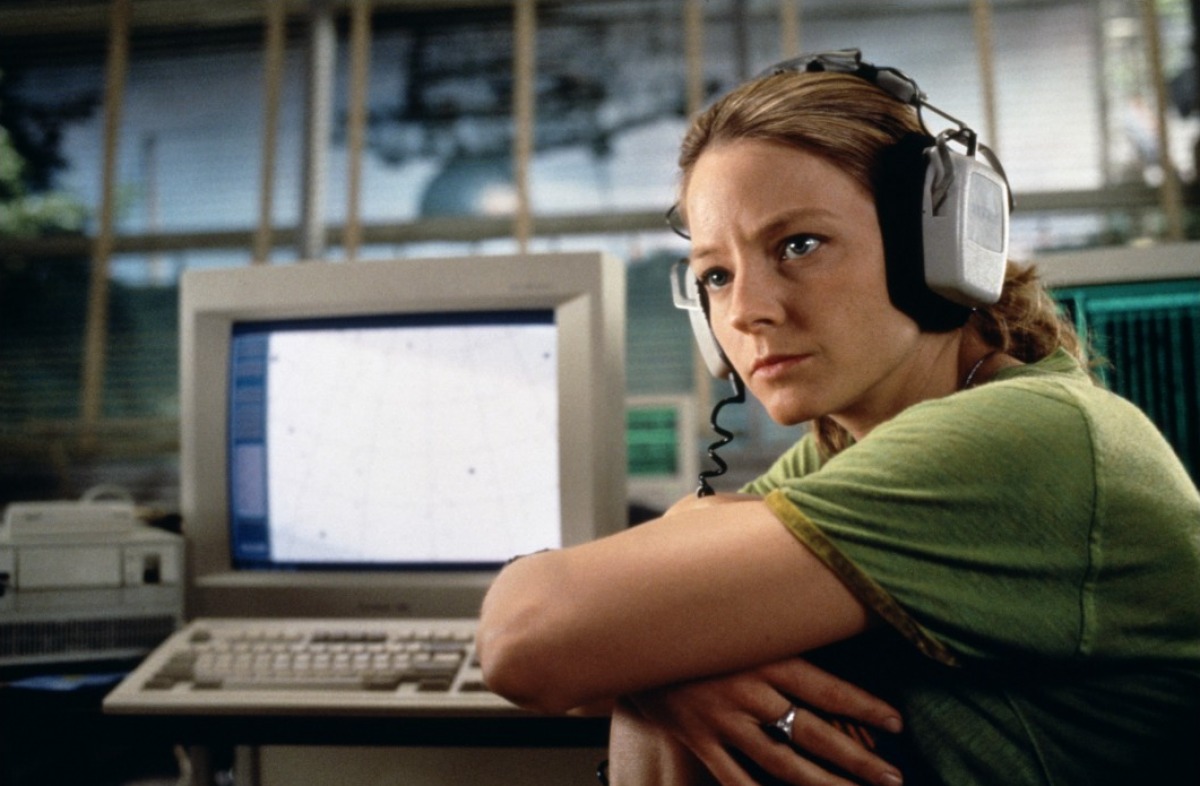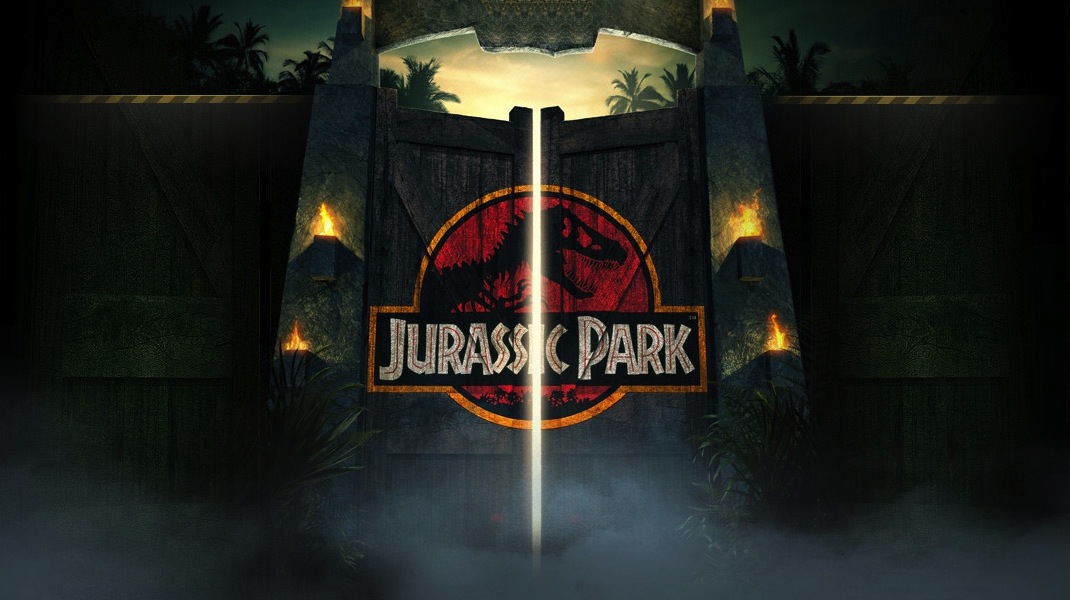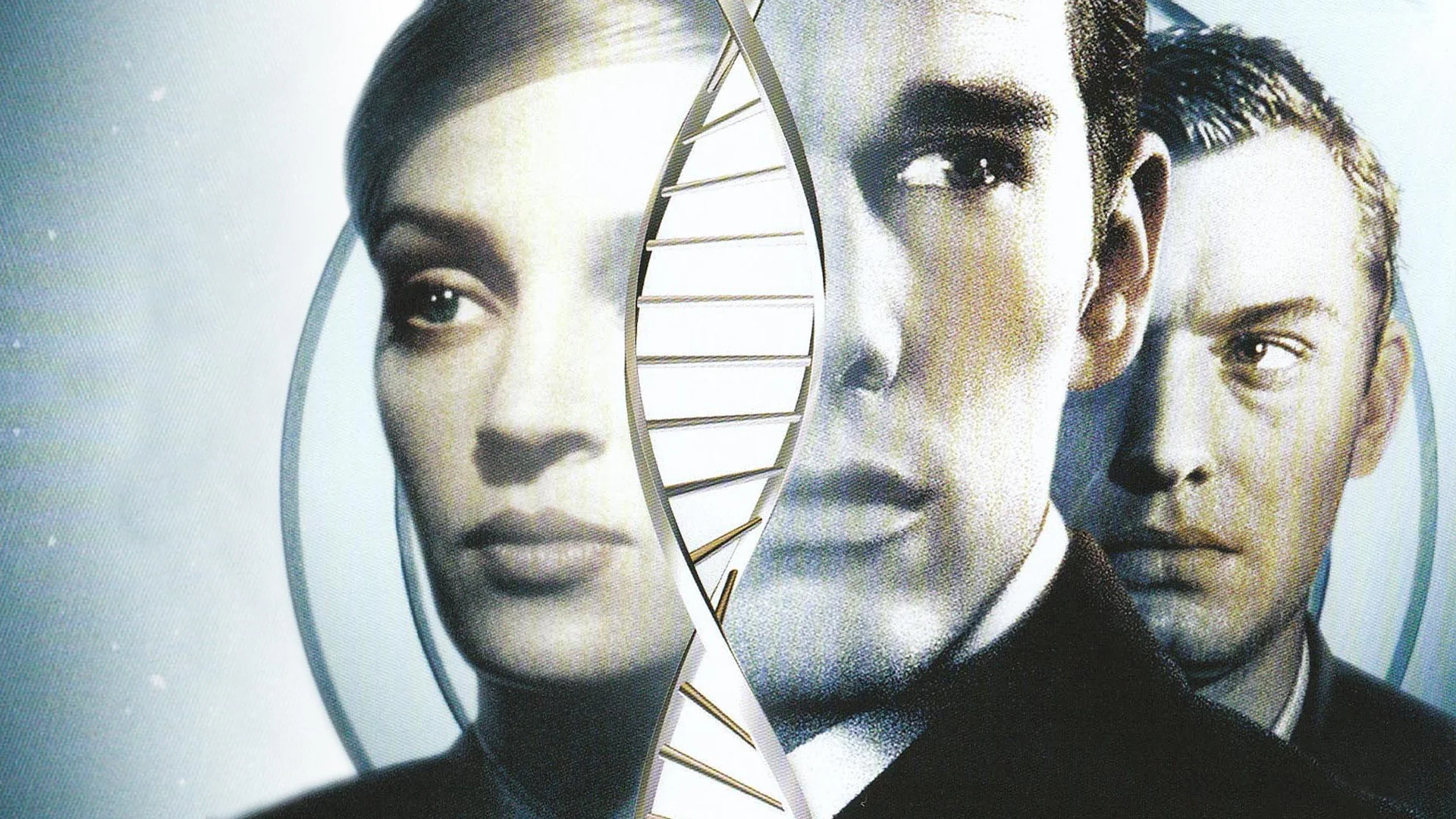A few months ago I wrote about the psychology of music and started a countdown to the best science fiction music from past decades. Today, I'm continuing this series with the top 10 science fiction scores from the 1990s.
#10: Star Wars Episode I: The Phantom Menace, John Williams
Episode I was a disappointment, but John Williams's score is pretty good. There’re some great nods to the original trilogy as well as a breathtaking new Jedi/Sith theme which became the anthem of this new trilogy. Why didn't I rank Episode I higher? There just aren't enough new melodies. Listen to a sample of "Anakin's Theme", "He Is The Chosen One", "Duel of the Fates", and "[REDACTED]'s Noble End" below.
#9: Contact, Alan Silvestri
What I like about Contact is its simple sounds of discovery. However, it's a little too simple and it's very reminiscent of Silvestri's music for Forrest Gump (which is a far superior score). Maybe it's my nostalgia for this film, but I do think it's good enough to be in my top 10. Highlights include "Awful Waste of Space", "Really Confused", "Media Event", and "No Words".
#8: Starship Troopers, Basil Poledouris
The original Starship Troopers novel has been criticized for promoting militarism, fascism, and racism. The movie maintains these themes but rather than glorifying them it makes fun of them. Basil Poledouris's music perfectly accompanies the movie's satire - it's over the top, militaristic, and sounds like it was ripped out of WWII Hollywood. "Fed Net March", "Destruction Of Roger Young", and "They Will Win" are great examples of the propaganda feel of Starship Troopers.
#7: Stargate, David Arnold
David Arnold's Stargate score is very smooth. It has that classic mix of exploration, excitement, and fear that makes science fiction films so great. While at times it sounds like a John Williams score (specifically Raiders of the Lost Ark), Arnold's use of diverse instruments sets Stargate apart. I really like "Stargate Overture", "The Stargate Opens", "Entering the Stargate", and "Going Home".
#6: The Truman Show, Philip Glass
This is a very interesting score. It's the theme to a movie about the world's most popular reality TV show. While it sounds like Philip Glass's music is too emotional, the score is consistent with one of the messages of the movie - TV is produced to make you feel a very specific way about the people onscreen. Listen to the range of emotions in this score with "It's a Life", "Anthem, Pt. 2", "Reunion", "Truman Sleeps", and "Father Kolbe's Preaching".
#5: Terminator 2: Judgment Day, Brad Fiedel
Brad Fiesdel wrote the score to 1984's The Terminator as well as the 1991 sequel. I like the original, but it sounds like it was made on a small budget. With more money and major advances in computer technology, Terminator 2 became one of the best electronic film scores (up there with Blade Runner and Tron: Legacy). What I love most about this score is how it shifts between thunderous action and frightening dissonance. My favorite tracks include "Main Title (Terminator 2 Theme)", "Escape from the Hospital (And T1000)", "Trust Me", and "I'll Be Back".
#4: The Matrix, Don Davis
Like The Dark Knight trilogy and the recent Man of Steel, The Matrix doesn't really have a traditional score. There are some themes that develop over the course of the film, but there isn't anything specific you can hum after watching the movie. Don Davis primarily uses strings and brass instruments to create a frenetic tension during chase scenes and then dramatically extends notes to create a sense of awe as our hero discovers his powers. This gives The Matrix a unique sound and results in a timeless film score. Standouts include "Main Title / Trinity Infinity", "Welcome to the Real World", "The Hotel Ambush", and "Bullet-Time".
I should also mention that the soundtrack is outstanding. I played
it nonstop back in the summer of 1999. I especially love Propellerheads's
"Spybreak", Rob D's "Clubbed To Death", and Rage Against The
Machine's "Wake Up".
#3: Star Trek: First Contact, Jerry Goldsmith
Jerry Goldsmith’s First Contact score makes me believe that we can actually achieve Star Trek’s optimistic vision of the future. The music is tender and has an inspiring melody. It also became a fitting theme to the cinematic adventures of The Next Generation. “Main Title/Locutus” integrates Goldsmith’s old and new Star Trek themes while “Welcome Aboard” and “First Contact” setup the most important event in Star Trek's history – the first meeting between humans and aliens.
#2: Gattaca, Michael Nyman
Gattaca is one of the best science fiction films of the 1990s and Michael Nyman's score is deeply moving. "The Morrow" introduces you to the melancholy world of Gattaca. "God's Hands" is a beautiful theme about familial love. The film's message of triumph over adversity is highlighted in "The One Moment". "Becoming Jerome" is surprisingly playful. "The Departure" takes the story into a fitting end. Most film scores transport you to another time or place. Gattaca is one of the few scores that turns your attention inward, creating a state of personal reflection.
#1: Jurassic Park, John Williams
Jurassic Park holds a special place in my heart. It was the first time I remember watching a movie and completely suspending my disbelief. For those two hours, I felt like I had just visited Jurassic Park. A big part of that was John Williams's score (the other half were the special effects which still hold up to this day). Williams created a score that is very intricate. It seamlessly lifts you up and then slams you down, draws you close for intimate moments and then zooms out for more awesome sights, all while maintaining a cohesive theme that never feels redundant. The whole album is worth the investment but my favorites are "Journey To The Island", "Welcome To Jurassic Park", "Dennis Steals The Embryo", and "High-Wire Stunts".
Honorable Mentions
I liked The Rocketeer and Independence Day, but they didn't have enough variety. Apollo 13 would make my top 3, but it's science fact not science fiction. Batman Return almost made the cut, but it's too dark for my taste.
Notable Exceptions
A TV series! My 2000s list had 2 TV shows, but nothing from the 1990s made the top 10. There were some stellar TV themes from this decade (like seaQuest DSV, The X-Files, Star Trek: Deep Space Nine, and Star Trek: Voyager), but the shows themselves didn't have enough consistent good music to get onto my list.
Next time, I'll look at the best science fiction music from the 1980s - the decade home to many of my favorite movies of all time!














